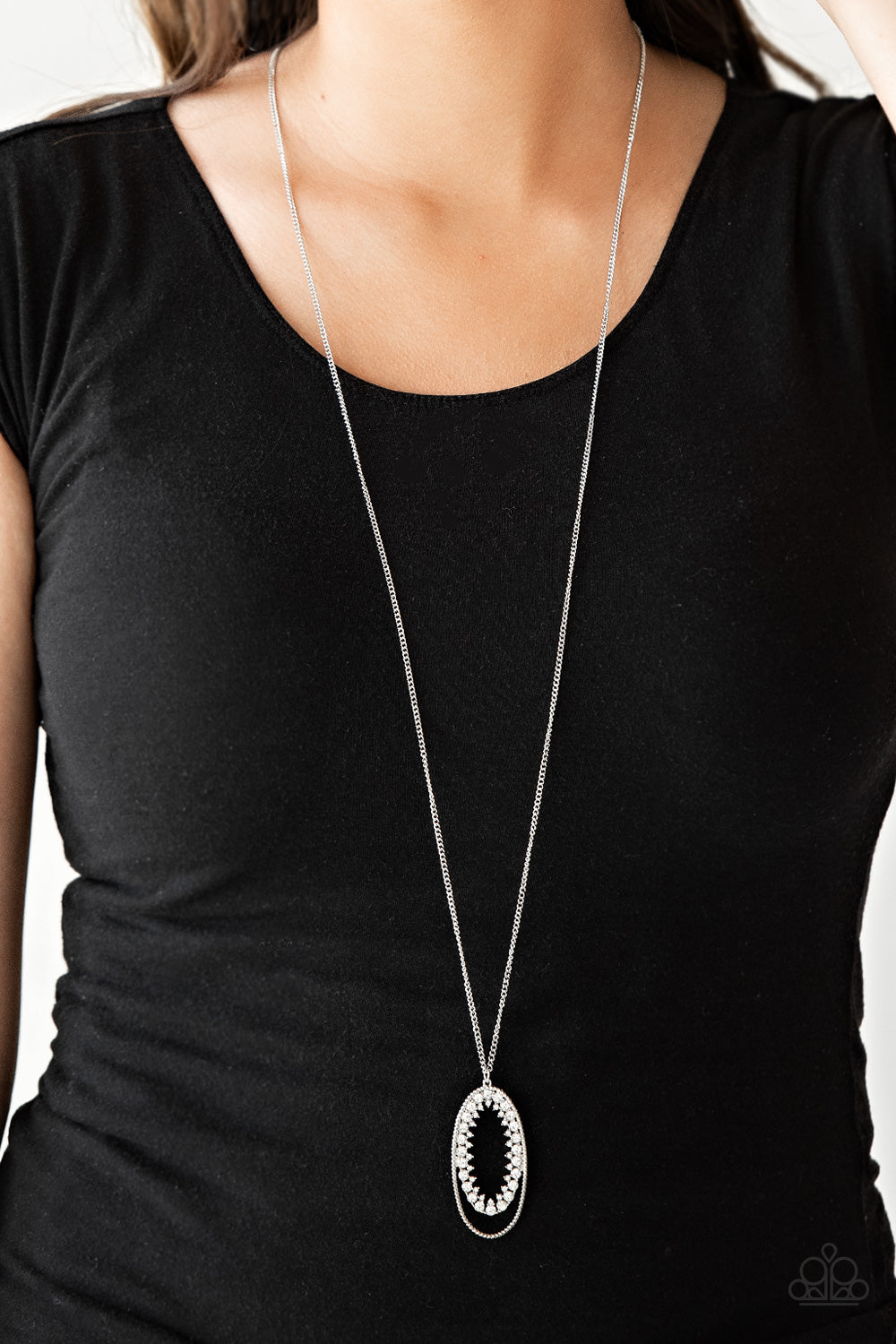



Mingus had played with Ellington before, deputising for the regular bassist in the leader's orchestra in 1953, but was fired after four days, following a fight with another musician, Juan Tizol. Douglas suggested Charles Mingus as double bassist, who then insisted on having Max Roach as drummer. Later, after Douglas had joined United Artists and moved to New York, he received, according to his own account, a surprise visit from Ellington, who suggested recording a piano-based album (Ellington was known as a big band leader). Producer Alan Douglas had helped Duke Ellington with errands when they were both working in Paris in the early 1960s. Hundreds of musicians have been influenced by the recording, in particular by the freedom of individual expression within a small-group setting. Negative comments have concentrated on differences in playing style among the three musicians, brought about by the generational gap between Ellington and the others, and an argument that led to Mingus leaving the studio mid-session. The album was reviewed positively at the time of its release and subsequent reviews have remained highly favorable. Later releases on CD added eight tracks from the same recording session. All but one of the compositions were written by Ellington, with four of the seven on the original LP being recorded for the first time on this album. It was recorded on September 17, 1962, and released in February 1963 by United Artists Jazz. Money Jungle is a studio album by pianist Duke Ellington with double bassist Charles Mingus and drummer Max Roach. Duke Ellington with Charles Mingus and Max Roach


 0 kommentar(er)
0 kommentar(er)
